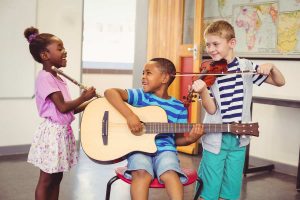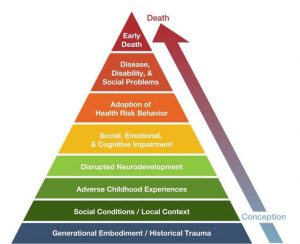
Martyn Richards talks about how adults can better connect with teenagers. He explains that being a teenager is a time of big changes in the brain, emotions, and identity. Many adults see teens as difficult or rebellious, but Richards reminds us that most of the time, they are just trying to understand who they are and how they fit into the world.
He shares that one of the best things adults can do is to really listen. Instead of jumping in to fix problems or give advice, we should try to understand what teens are feeling and saying. Listening helps them feel heard and respected. Richards also suggests that adults share power with teens when possible. This means working with them, asking for their opinions, and making decisions together instead of always telling them what to do.
Additionally, Richards talks about the importance of staying connected even when there is conflict. Arguments and mistakes will happen, but those moments can still help build stronger relationships if adults stay calm and open. His main message is that when we treat teens as partners instead of problems, we can build trust and help them grow into confident, thoughtful adults.


:max_bytes(150000):strip_icc()/great-ways-to-improve-your-memory-2795356-notext-final-ec993dd3d2cb40699d4df72547178ede.png)







